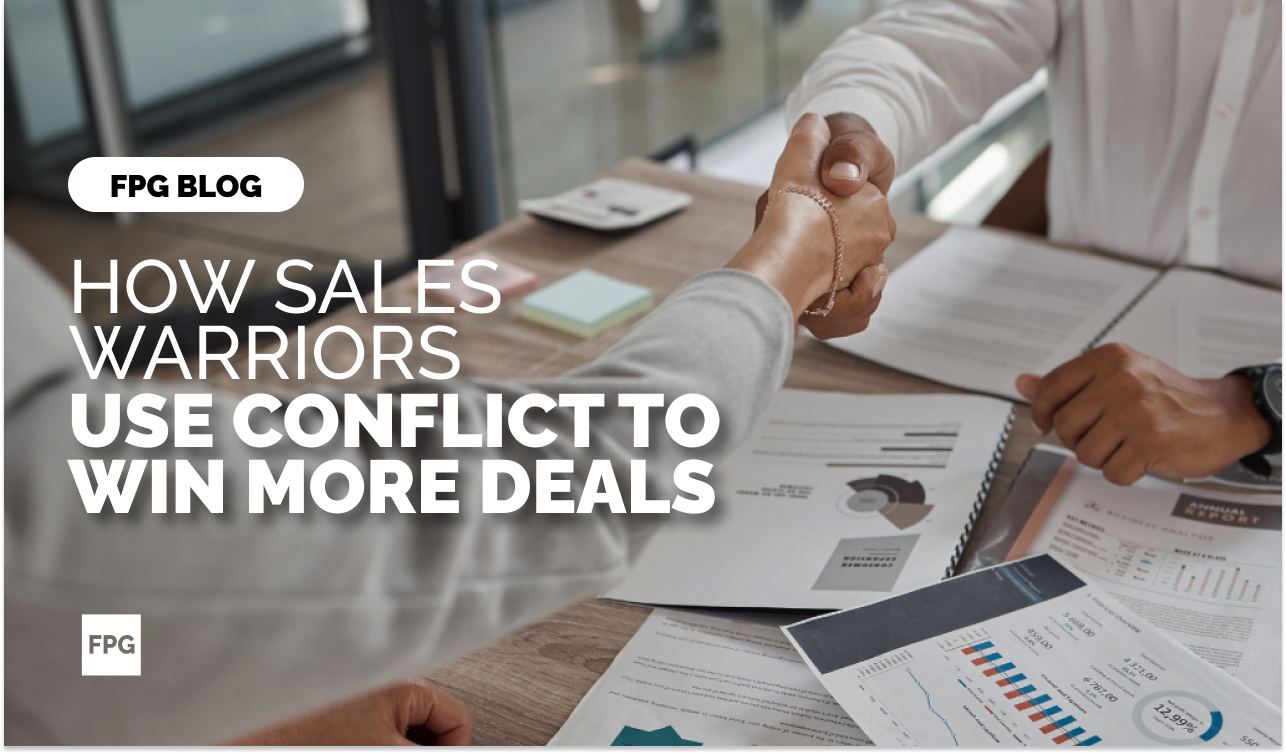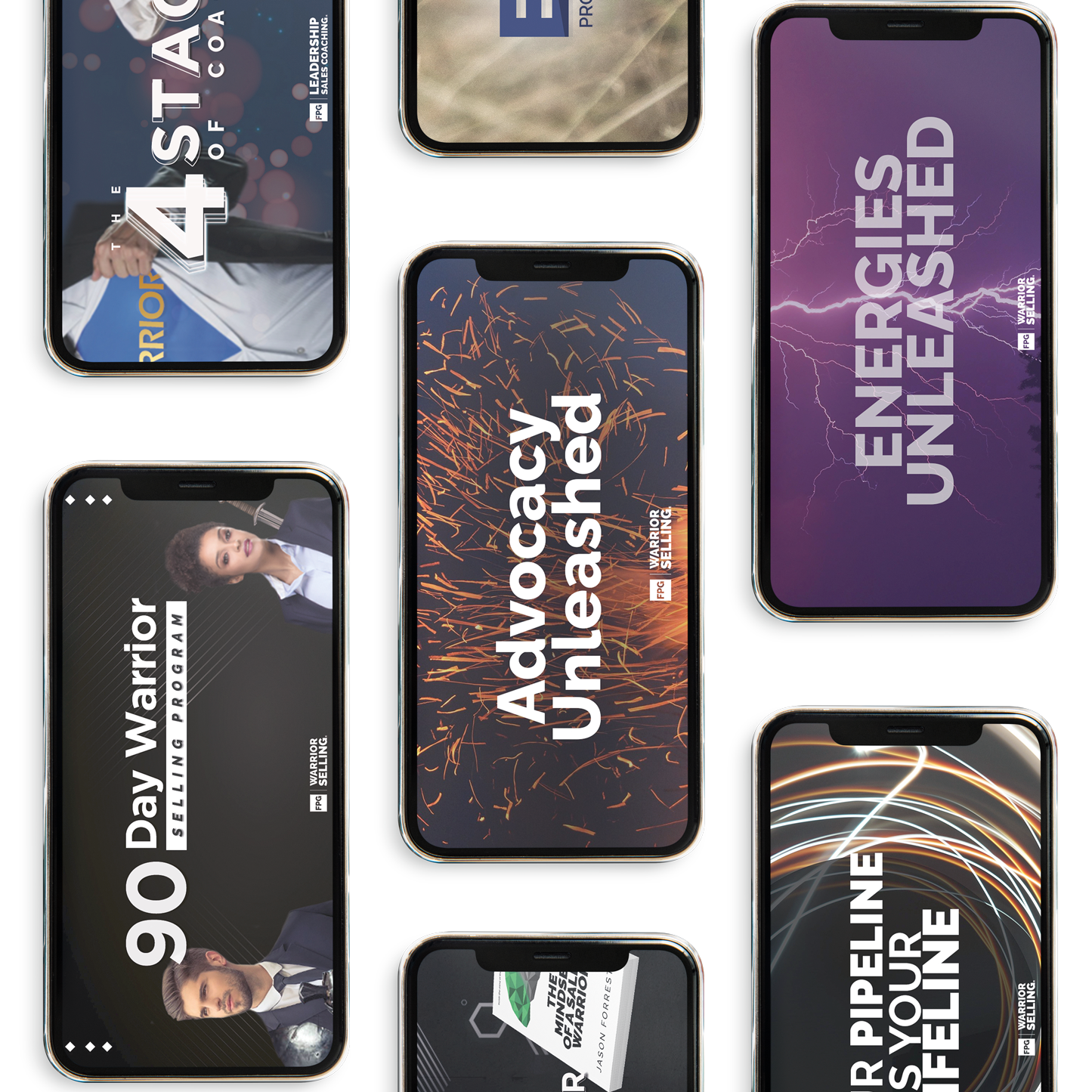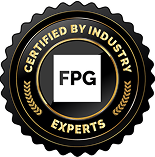Most salespeople avoid conflict. They fear tension, sidestep objections, and back down at the first sign of resistance. But top performers—the true sales warriors—understand that conflict isn’t an obstacle; it’s a weapon. They lean into strategic tension to create breakthroughs, push prospects past indecision, and close bigger deals.
Conflict in sales isn’t about confrontation. It’s about disrupting the status quo and forcing a prospect to confront the gap between where they are and where they want to be. The human brain craves certainty, but it also resists change. That’s why the best sales professionals master the art of cognitive dissonance—the internal friction that occurs when someone realizes their current choices contradict their desired outcomes.
In this article, we’ll break down exactly how elite sales warriors use conflict, tension, and negotiation pressure to drive more revenue, create urgency, and become unshakable closers. If you’re ready to stop avoiding friction and start using it to your advantage, let’s dive in.
The Psychology of Strategic Tension
The greatest deals aren’t won through persuasion alone. They’re won through well-managed tension—the feeling of urgency that compels a prospect to act.
Prospects live in a world of competing emotions. On one side, they desire the solution you’re offering. On the other, they fear change, risk, and commitment. Your job as a sales warrior is to turn that tension into a force that drives action rather than resistance.
This is where cognitive dissonance comes in. It occurs when a prospect’s beliefs, decisions, or actions contradict each other, making them uncomfortable. The only way to resolve that discomfort is to either change their decision (buy) or change their beliefs (justify why they won’t buy).
Sales warriors create cognitive dissonance by asking direct, high-impact questions:
- “You told me you want to grow your business by 30% this year, but you’re hesitating to invest in the solution that will help you do that. What’s holding you back?”
- “If you stay with your current system, do you believe you’ll get the results you want? If not, why continue down that path?”
- “On a scale of 1-10, how confident are you in your current strategy? If it’s not a 10, what’s missing?”
These questions don’t allow prospects to sit comfortably in indecision. They force clarity, and clarity leads to action.
Watch our FREE Webinar | The Secret to Closing Your Prospects When They Don’t Know What They’re Missing
Why Healthy Conflict Drives Commitment
Most salespeople believe that a “smooth” sales conversation is a good one. They think avoiding tension builds rapport. But what happens when there’s no challenge, no pushback, no disruption of the prospect’s current thinking? Nothing. The deal stalls.
Elite sales professionals create healthy conflict by challenging limiting beliefs, exposing hidden fears, and disrupting outdated thinking. They press when necessary because they know that commitment is forged in pressure.
Think about high-stakes negotiations. The best negotiators in the world—whether in business, politics, or hostage situations—use controlled tension to get the other party to emotionally invest in the outcome. They know that too little tension leads to complacency, while too much pressure leads to resistance. The key is finding the right balance.
Here’s how to use conflict effectively:
- Challenge without attacking: Reframe objections instead of dismissing them. If a prospect says, “This seems expensive,” don’t get defensive. Say, “Compared to what? Let’s look at the numbers together.”
- Expose inconsistencies: If a prospect claims to value innovation but refuses to change, highlight that contradiction. “I hear you say innovation is a priority, but your current approach hasn’t changed in five years. What’s the missing link?”
- Make them defend their inaction: Most salespeople defend their product. Sales warriors flip the script and make the prospect defend their hesitation. “What’s the risk of acting today versus waiting another six months?”
When done right, conflict isn’t an obstacle—it’s a catalyst for commitment.
Mastering De-Escalation: Turning Resistance into Agreement
Not all conflict is productive. Poorly managed tension can push a prospect away if it becomes too aggressive or adversarial. That’s why sales warriors must also master de-escalation techniques—the ability to diffuse emotional resistance and turn pushback into productive dialogue.
Here’s how to de-escalate effectively without losing momentum:
- Label emotions: Acknowledge what the prospect is feeling. “I can see you’re frustrated by past experiences. Let’s talk about what went wrong so we can avoid that.”
- Use tactical empathy: Reaffirm their concerns before redirecting. “I get why you’d hesitate—change is a big decision. That’s exactly why we need to explore the best path forward.”
- Break tension with curiosity: Instead of resisting objections, lean into them with curiosity. “That’s interesting—tell me more about why you feel that way.”
By skillfully managing the intensity of a conversation, sales warriors keep the deal alive while maintaining control.
Conflict in High-Stakes Negotiations: The Power of Pressure
High-stakes negotiations are won through strategic pressure. Sales professionals who close the biggest deals don’t just present options—they create urgency, manage power dynamics, and control the flow of decision-making.
Here’s how to apply controlled pressure in big deals:
- Use the “no alternative” close: If you’re the best option, act like it. “I don’t see another solution that will solve this as effectively. What am I missing?”
- Introduce a competitor strategically: Not all prospects fear missing out—some fear making the wrong choice. If a competitor is in play, highlight key differences and say, “Between us and them, which option gives you more confidence in your long-term success?”
- Tie urgency to external factors: If a deadline, price increase, or competitor action is approaching, make it real. “In 30 days, this pricing won’t be available. The cost of waiting isn’t just money—it’s lost opportunity.”
The key is never letting a prospect get comfortable with delaying. The more urgent and strategic you are, the faster the deal moves forward.

Sales isn’t about being liked. It’s about being respected, trusted, and followed. True sales warriors understand that conflict—when used strategically—is the key to unlocking commitment, urgency, and bigger deals.
If you want to master high-stakes selling, stop fearing tension and start engineering it to your advantage. Challenge prospects, create urgency, and make them confront their own hesitations. Because at the end of the day, the closer who controls the conflict controls the sale.
At FPG We’ll Recruit, Coach, And Train Your Sales Team Like They’re Our Own
Gain a competitive edge with FPG’s expert solutions in Sales Recruiting, Sales Training, and Sales Management Training. Experience rigorous candidate screening, process-driven training that resonates, and transformative leadership that drives significant revenue increases. Give yourself an advantage and start your journey to higher sales and unparalleled success with FPG. Reach out to us today!
Ready to revolutionize your sales team?
Elevate your recruitment, training, and leadership with our expert guidance. Say goodbye to stagnant sales and hello to unprecedented success! Book a Meeting today and take the first step towards dominating your market!













